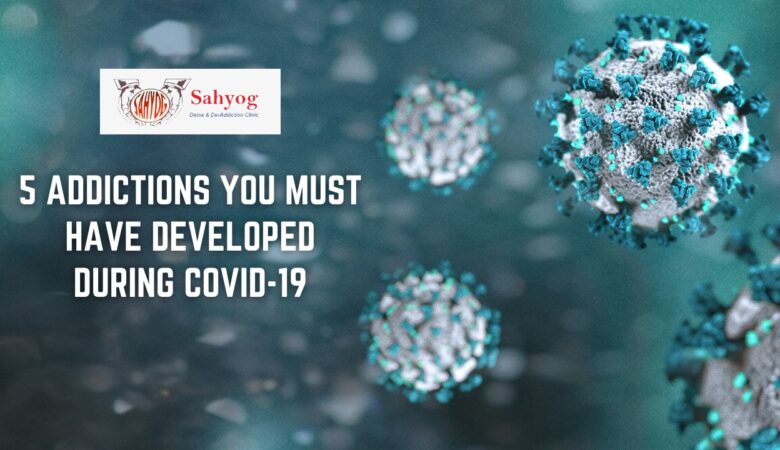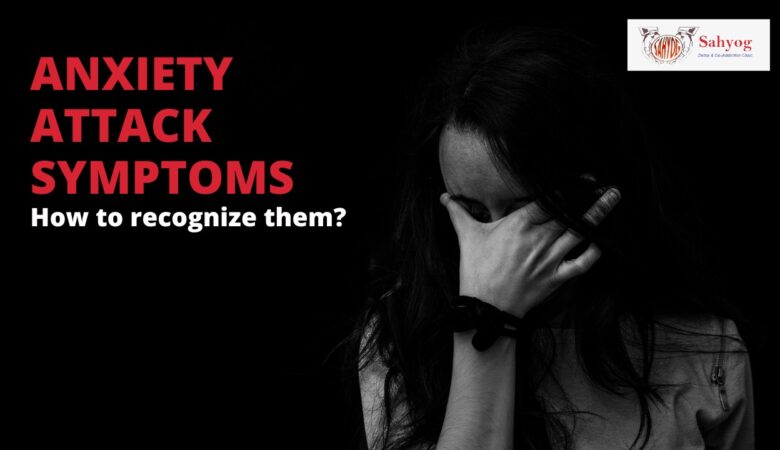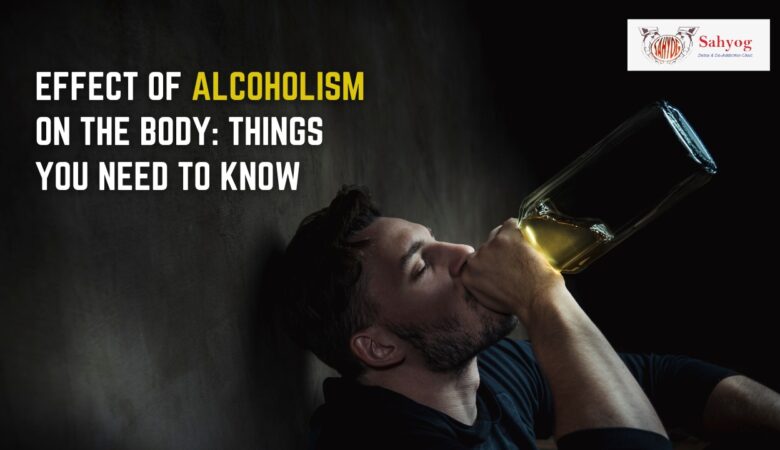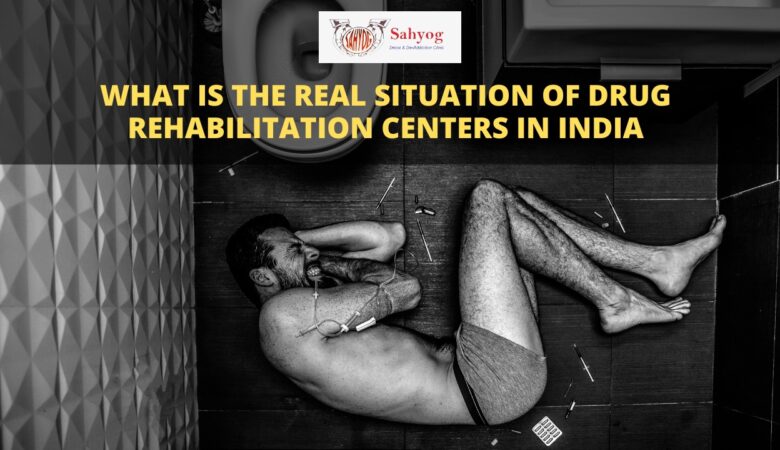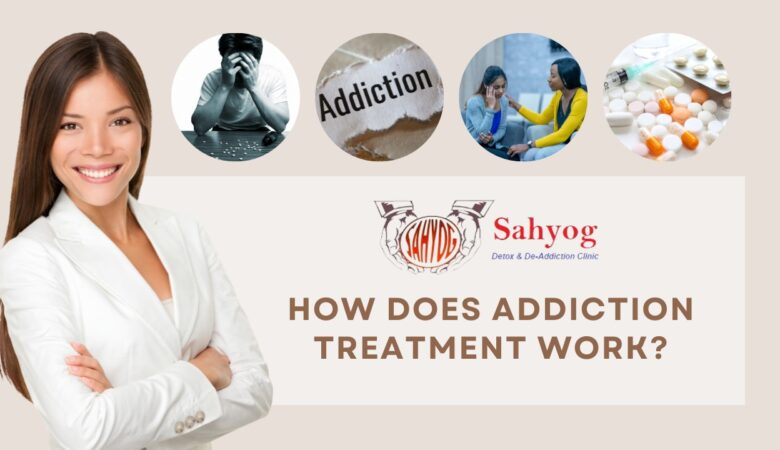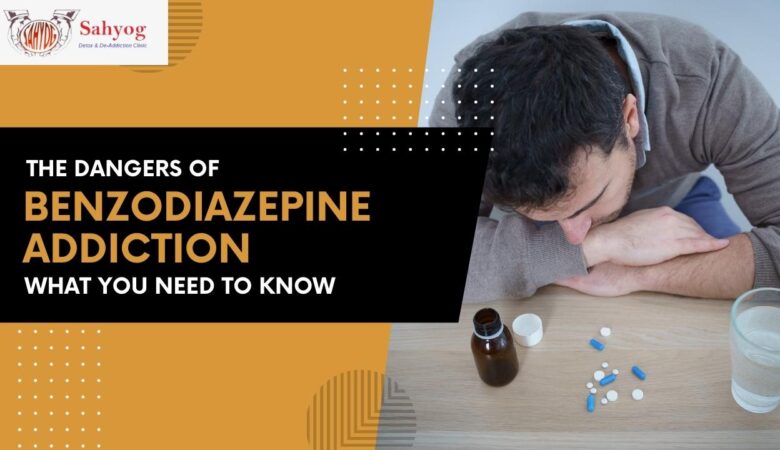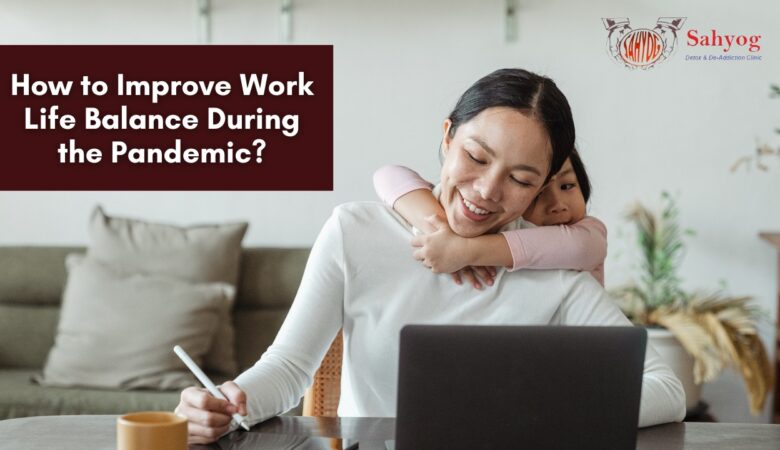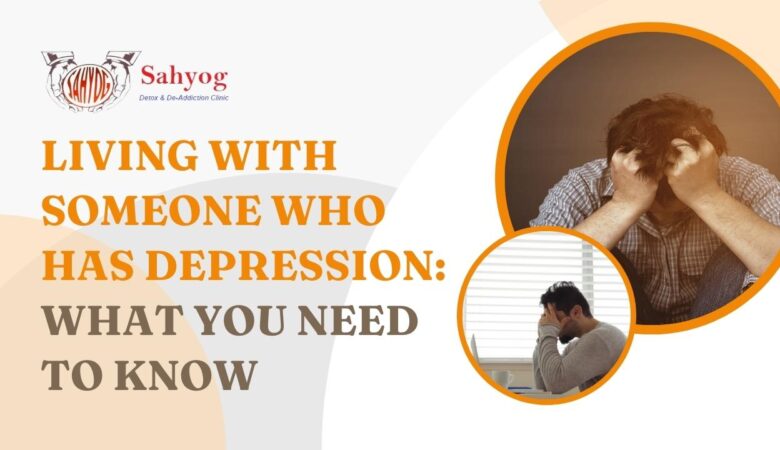5 Addictions You Must Have Developed During COVID-19
It’s no secret that COVID-19 is one of the most arduous, stressful, and addicting courses on campus—but with that said, it’s also the most rewarding course (seriously!). It’s this type of reward that has made every single Covid-19 student develop five addictions over the course of their time in this class. Whether you took this class last semester or are about to take it next semester, you have probably developed at least one of these five addictions during your time in this covid-19. Take this quiz to see which addiction(s) you’ve developed! An addiction is defined as the state of being enslaved to a habit or practice or to something that is psychologically or physically habit-forming, such as narcotics, to such an extent that its cessation causes severe trauma. We definitely have many addictions we acquired during COVID-19. Maybe some of them you’re aware of, but there are also some that you might not have noticed… yet. Don’t worry; this list will help you deal with all your problems by guiding you through the path of recovery and find yourself in the sunnier days. Let’s begin: 1) Dependence on social media notifications Nothing is more excruciating than waiting for a little red notification bubble to show up. Don’t worry, though; you’re not alone. A quick search of addiction to social media notifications turns up enough results to make your phone look like it’s smoking. This is no surprise, as countless studies are documenting Facebook and Instagram use correlated with depression and anxiety issues (hello… validation seeking!). Time to give yourself a break from all those notifications. Step away from your phone and be mindful of how much time you spend scrolling through feeds that can never truly satisfy. It may feel counterintuitive at first, but being present in life will improve both mental health and overall happiness—so take some time to reflect on what really matters most. And if anyone tries to get you back into FOMO mode? Block them. Your mental health is worth it. How do I even know I have a problem? There are several self-assessments available online if you want to determine where your level of dependence lies. For example, one quick questionnaire divides levels of severity into four categories: Not at all true, Somewhat true, Very true or Extremely true when answering questions about needing help to stay off social media and feeling an urge to check notifications throughout daily activities. 2) Need to know what people think of you One of our greatest needs is validation. It’s easy to get caught up in a cycle of worrying about what other people think about you. But, as long as your views on yourself are positive, it doesn’t matter what others think. Keep true to who you are and have faith that you have value to offer—your peers will start believing it too. In reality, most people don’t care much about you or anyone else around them; they are just going through their lives and would rather not be bothered by yours. The only way to find out what people really think of you is to ask them directly; however, don’t take it personally if they respond with something negative or say nothing at all! Some things are better left unsaid. Instead, focus on creating meaningful relationships with those who share similar values. Furthermore, try putting yourself in someone else’s shoes; chances are you won’t like what you see. Just because we can judge ourselves harshly doesn’t mean we should also expect others to do so—and remember that your opinion of someone isn’t necessarily how they view themselves, either. When interacting with others, remember that everyone has a story to tell and things aren’t always as they seem. Your role is simply to listen and empathize. To make an impact, though, you must first learn how to understand people on an emotional level. This involves actively listening (not just waiting for your turn to talk) and practising empathy (putting yourself in another person’s shoes). These skills help build strong interpersonal relationships—something essential for success both professionally and personally. 3) Struggling with waking up Not only during covid-19 but most of us have at least one or more bad habits or addictions that are keeping us from reaching our full potential. For many of you, it might be going to bed late and having trouble waking up in time for your morning classes. Regardless of whether you’re struggling with an addiction that keeps you up at night or makes you sleep through your alarms, we can all relate to being late for class and feeling like a zombie during the day! That said, if you find yourself consistently late for class because of oversleeping, make sure to set multiple alarms throughout your room so that you don’t miss any more lectures. Also try setting out clothes and packing bags ahead of time so that when it comes time to wake up, there are fewer steps between hitting snooze and heading out the door. Finally, remember that even though you may feel tired during lecture, taking notes will help keep you engaged and alert. The best way to combat falling asleep is to stay awake! And remember: caffeine is not a substitute for sleep; drinking coffee before class only masks your exhaustion, rather than fixing it. So instead of grabbing a cup of joe on your way to class, prioritize sleep by going to nearly enough each night. If you still struggle with staying awake during lectures, consider seeking professional advice from Counseling Services—they can help identify underlying issues and. Offer strategies for overcoming them. 4) Getting addicted to caffeine When you have a block of code that’s simply not working, or when you can’t figure out why your server is running so slowly, reach for a caffeinated soda. When there are only five minutes until class starts, and you realize you forgot to make notes from yesterday, one (or three When) Mountain Dews will do. But as
